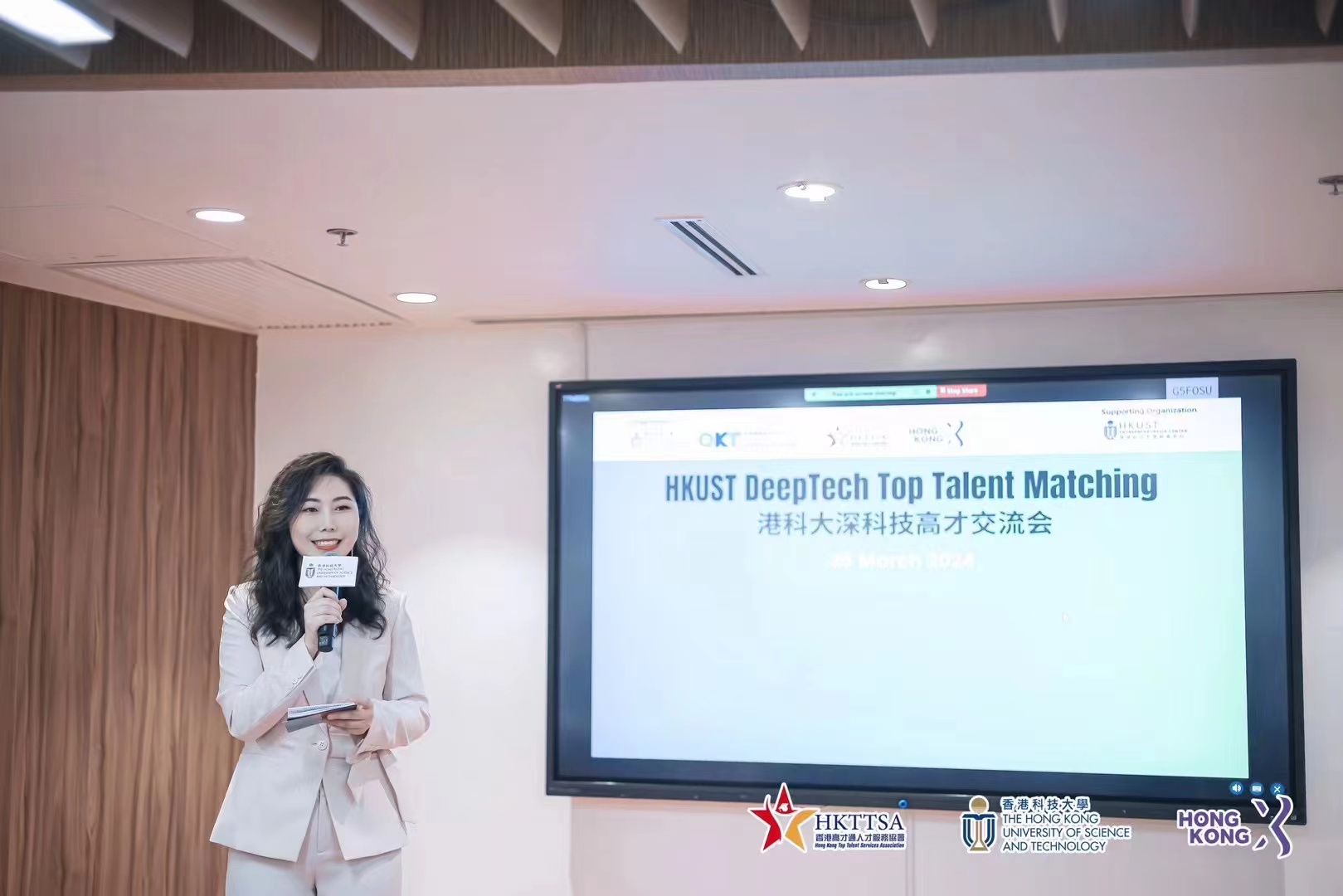In the second of a three-part series, Zhang Tianyuan discovers while Hong Kong’s talent attraction programs have drawn numerous candidates from the Chinese mainland, closer examination reveals keen interest among South and Southeast Asian job seekers, who could provide much-needed relief for the city’s labor woes.

Hong Kong’s ambitious plan to attract top professionals from overseas may have borne fruit.
The manager of a Beijing-based cultural and communications company, surnamed Xiao, shifted his operation to Hong Kong after securing a two-year visa to stay in the special administrative region under the city’s Top Talent Pass Scheme. The initiative, aimed at enticing high-income professionals and top university graduates, is part of the SAR government’s efforts to bolster its talent pool.
But Xiao has yet to decide whether to bring his family to Hong Kong as he weighs up the pros and cons.
“Members of my family do visit Hong Kong occasionally, but we haven’t thought of settling down here yet,” says Xiao, his voice tinged with uncertainty. “We haven’t decided whether our child should get his education in Hong Kong,” he says, as it will depend on how well his business does in the SAR.
READ MORE: Chan: HK stepping up drive to attract more talents, capital
Xiao’s immediate goal is to use the city as a steppingstone to tap into the Southeast Asian market. As the first step, his company has registered a classical book publishing house in the financial hub.
The businessman travels at least once a month between Beijing and Hong Kong. His stays in Hong Kong are usually three to four days, or sometimes up to a week. To ensure that his visa can be renewed, his Hong Kong-registered company needs to employ at least two permanent Hong Kong residents.
“Based on our statistics, about one-third of our clients who have been granted a visa under Hong Kong’s Quality Migrant Admission Scheme or the Top Talent Pass Scheme actually end up working and living in Hong Kong,” says Wang Hongbo, manager of a Shenzhen-based migration consultancy.
The remaining two-thirds of clients who have secured a visa but opted against relocating to the HKSAR have often found themselves in a dilemma, trying to balance the benefits of Hong Kong and their homeland without intending to “go all in” for Hong Kong, he says. “They may only consider seeking employment in Hong Kong when their visas are about to expire.”
“Their primary goal is to become a permanent Hong Kong resident and keep their options open while maintaining their jobs and family life on the mainland,” he says. “They are hesitating. Most of them have families and aren’t ready to relocate to Hong Kong or elsewhere to work or for the sake of their children’s education. Many of those who have moved to Hong Kong are in the finance, construction, civil engineering and shipping sectors.”
Hong Kong’s array of programs to attract professionals has captured the attention of mainland residents en masse who have ambitioned to turn their aspirations into reality. Hong Kong’s longstanding competitive edge, to some of them, offers a gateway to the world and a perfect springboard for their businesses, while others are lured by the city’s burgeoning job market, which presents vast opportunities for them to fortify their careers.
Li Yuman, who came to Hong Kong under the Top Talent Pass Scheme, graduated from the Department of Mechanical Engineering at the University of Hong Kong and joined the SAR government-backed Hong Kong X-Tech Startup Platform as an investment manager.

Hailing from Henan province, she chose to pursue her doctoral degree in the SAR after being awarded a top-tier scholarship — the Hong Kong PhD Fellowship Scheme — in 2019.
With Hong Kong having shifted its economic strategy to focus on technology and innovation, Li saw growing demand for research-oriented technology professionals. “My job — uncovering the next unicorn — gives me great opportunities for personal growth and a tremendous sense of accomplishment.”
Mainland residents have emerged as a primary bulwark against Hong Kong’s labor crunch. Among 135,000 visas issued under various talent attraction programs by March, 67 percent have gone to mainland residents, followed by those from Japan and South Korea.
According to SAR government statistics, nearly 20 percent of professionals who had been granted visas to stay and work in Hong Kong from 2020 to 2023 were from the finance and accounting services sectors. Professionals in information and technology accounted for less than 10 percent of the total.
South Asian professionals are also showing greater desire to work in Hong Kong despite low representation in the city’s talent attraction programs.
Kavi Harilela — a business director of Payment Asia Ltd, a Hong Kong-based digital transaction services provider — noticed an enthusiastic response from Indian applicants recently when his company posted a job opening for a senior web developer on its employment website, Indeed’s Delhi, India. “Within five days of the post being advertised, we had received more than 100 applications,” he says, although the job requires the employee to work on-site at the company’s Hong Kong office.
Payment Asia Ltd has been struggling to find suitable candidates for the position in Hong Kong due to a dearth of IT programmers, and this has pushed up their pay scales, says Harilela.
Intrigued by the overwhelming response, the company asked the applicants why they had chosen Hong Kong. “The three dominant answers from more than 70 percent of the respondents were good career prospects, Hong Kong’s international environment and its higher quality of life,” says Harilela.
ALSO READ: Linguistic talent shines at invitational contest
Hong Kong companies also saw growing demand for technology personnel from Southeast Asia in the first half of last year, driven by the perceptible wage gap between Hong Kong and other Asian markets, said a report jointly released by Glints, a Southeast Asian talent platform and service solutions provider, and a venture capital fund, Monk’s Hill Ventures.
The report said the salaries for mid-level positions, such as full-stack developers, software development engineers and data scientists in Taiwan are 30 to 40 percent lower than those in Hong Kong. In Southeast Asian markets like Vietnam and Malaysia, the pay scale for similar positions is starkly lower.
The growing interest from South Asian job applicants comes as Hong Kong grapples with an acute shortage of professionals, especially in the technology field. Anthony Lau Chun-hon, director of the Hong Kong Talent Engage office, notes that mainland residents make up the majority of the SAR’s talent pool, largely due to the city’s geographical proximity to the mainland, allowing for rapid information exchange.
The HKTE office plans to visit “priority target markets in Southeast Asia, such as Malaysia and Indonesia,” in the second half of the year, Lau says.
The HKTE office, which opened in October last year, aims to strengthen recruitment through the city’s talent acquisition programs and offer support for professionals in pursuing careers in the SAR. “Hong Kong has always been a global metropolis. To maintain this position, it needs professionals from all over the world,” Lau adds.
Contact the writer at tianyuanzhang@chinadailyhk.com


